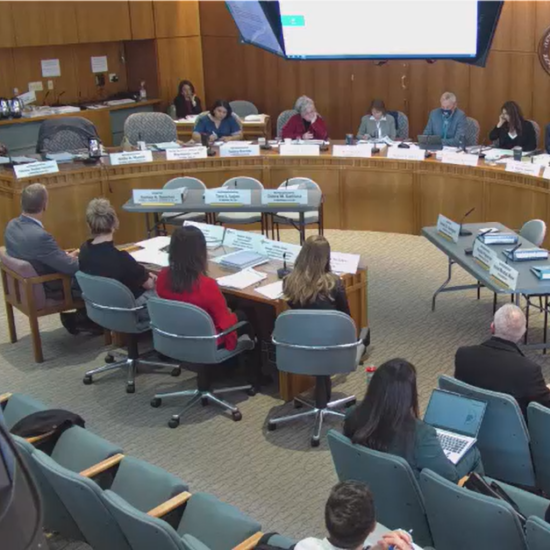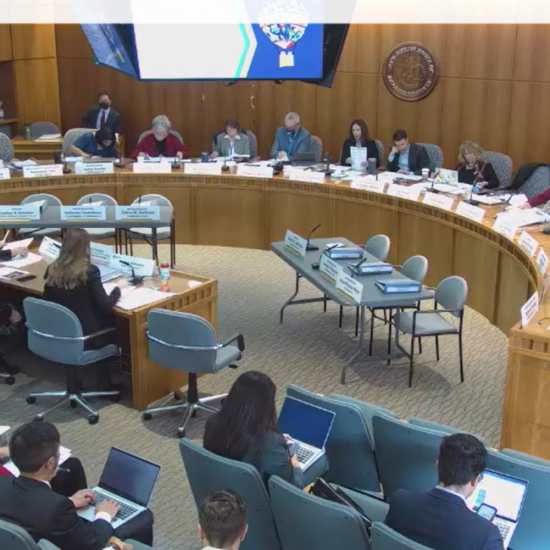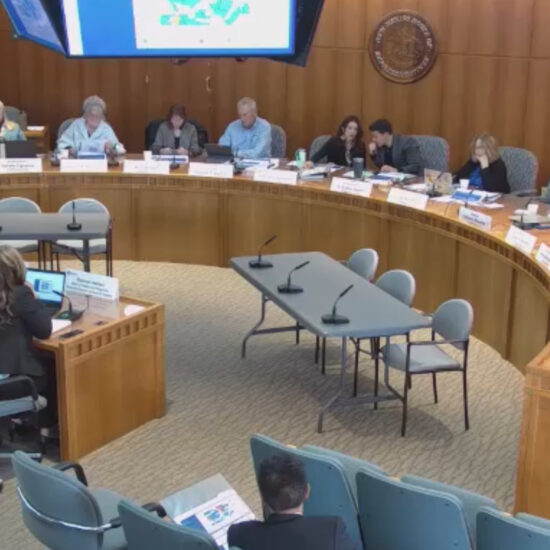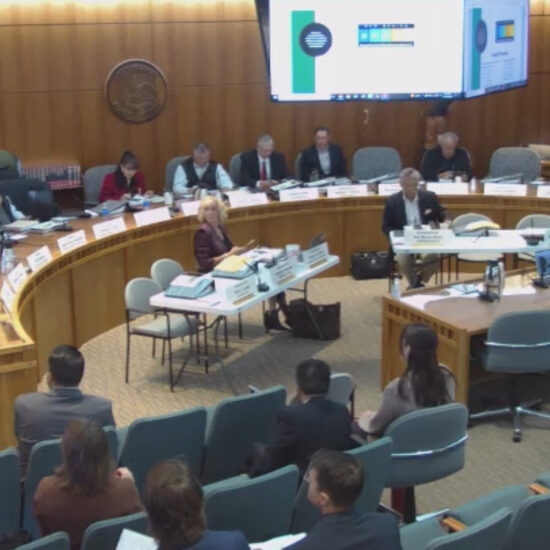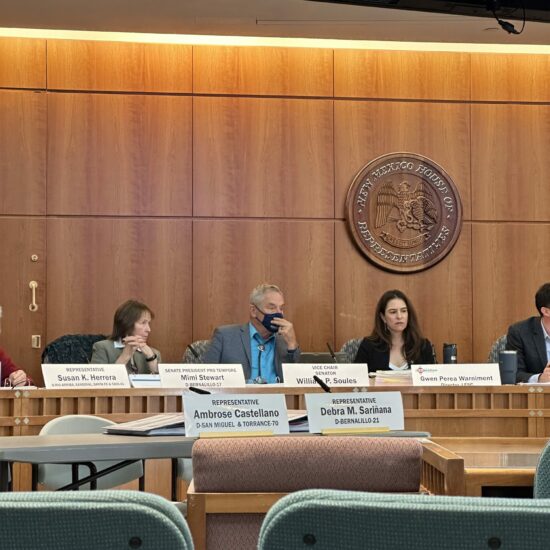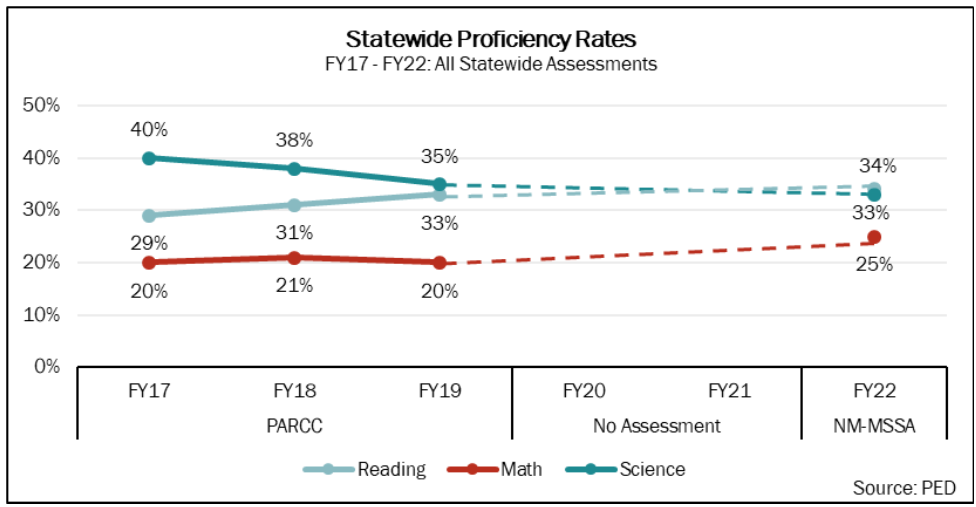
New Mexico’s Public Education Department (NMPED) told the Legislative Education Study Committee (LESC) that it is actively implementing evidence-based strategies in an effort to improve bi-literacy and mathematics education in the state’s schools. PED spent most of their presentations during the recent LESC meeting discussing literacy efforts and efforts to improve student mathematical proficiency.
In response to ongoing concerns about reading proficiency, particularly among emergent bilingual students, New Mexico is focusing on the Science of Reading. The SOR approach emphasizes five essential components of proficient reading: phonemic awareness, phonics, oral reading fluency, vocabulary, and reading comprehension. In a long presentation to legislators, PED presenters, including Secretary Arsenio Romero; Jacqueline Costales, division Director of Curriculum and Instruction; and Severo Martinez, the Director of Literacy and Humanities, agreed that an understanding of effective reading instruction is crucial for all students, including emergent bilinguals. The state is working to adapt the SOR principles to cater to the unique language and reading needs of emergent bilinguals in both their native language and English.
Bi-literacy, the ability to read and write proficiently in two languages, is a priority for PED, given the state’s population of Spanish-speaking households. Low reading proficiency rates, particularly among English learners, highlight the need for change in literacy practices. After the Yazzie/Martinez lawsuit, the state was forced to commit efforts toward improving reading trajectories and enhancing oral language development among emergent bilinguals, and several other groups of students. Gwen Perea Warniment, the director of the LESC, told legislators that in the 2021-2022, 34 percent of students were performing proficiently in literacy, but only 13 percent of English learners were performing at proficiency.
PED Secretary Arsenio Romero brought a team of special guests to speak with the legislators. Staff from Gadsden Independent School District discussed the work being done in their community to improve the proficiency of English language learners. During their presentation, they advocated for cultural respect and said that many of their students don’t have a primary language because they speak Spanish and English interchangeably even at home.
The PED is also putting efforts to boost math education proficiency among students. Shafiq Chaudhary, Director of the Math and Science Bureau at PED, said the state acknowledges the significance of mathematics as a subject that opens doors to learning opportunities and professional pathways.
Chaudhary said sufficient mathematics instruction in elementary grades is seen as a critical in building student success. LESC presented research that demonstrates the importance of early mathematical thinking as a foundation for future learning. New Mexico’s data reveals that children from low-income families have less exposure to math and show less extensive math knowledge than their peers from more affluent backgrounds.
To address these disparities, LESC Senior Policy Analyst Marit Andrews said the state is actively working to improve math proficiency and close achievement gaps among various student groups. The PED is partnering with Teaching Lab to provide coaching for math instructors and to promote equitable and effective classroom practices.
Additionally, New Mexico is piloting a series of micro-credentials to enhance conceptual knowledge and reasoning among K-5 educators. In the same report to legislators, the LESC warns that many teachers are “professional[ly] isolated”, meaning that they have just the basic requirements to be teachers but none of the specifications that would improve the results of their students. Andrews and Chaundry said the micro-credentials are just beginning to be rolled out as of August. The micro-credentials are being provided through New Mexico State University, according to the report.
Legislators were told that New Mexico is taking a comprehensive, research-driven approach to enhance both bi-literacy and mathematics education. Legislators raised concerns over additional training requirements for teachers and emphasized the need for data to properly track the results of these initiatives.


